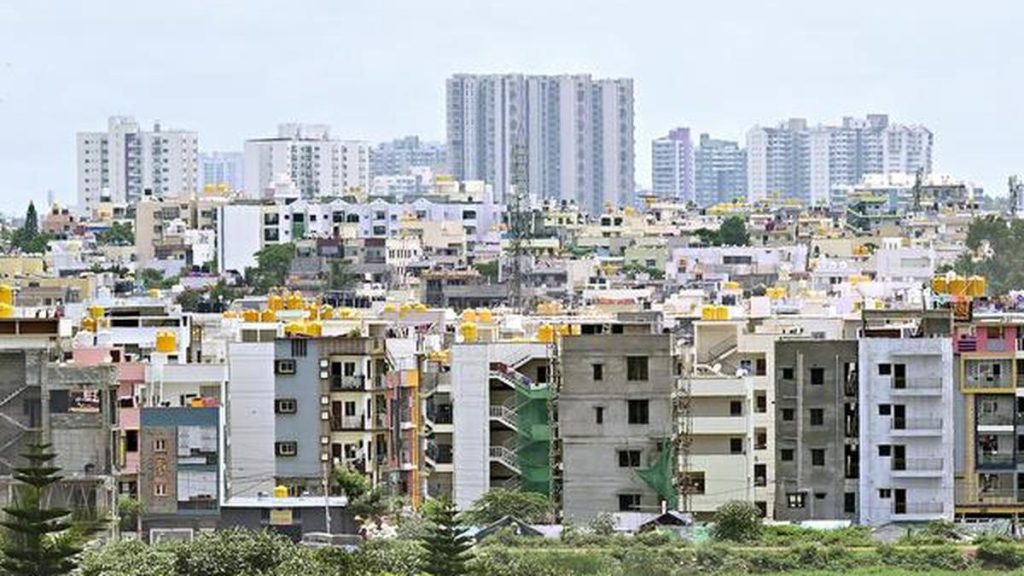Now Reading: Nagamohan Das Commission Report Uncovers Irregularities in Bengaluru Smart City Projects
-
01
Nagamohan Das Commission Report Uncovers Irregularities in Bengaluru Smart City Projects
Nagamohan Das Commission Report Uncovers Irregularities in Bengaluru Smart City Projects
Fast Summary
- Justice H.N. Nagamohan Das submitted the second investigation report on Bengaluru’s Smart City Project (SCP) to Chief Minister Siddaramaiah on Saturday.
- The report covers ₹3,500 crore worth of works executed between 2019-20 and 2022-23 under BJP governance.
- Investigation methodology included random project selection via a statistical formula, spot verification, account reviews, and field inspections.
- Five major irregularities identified: procedural lapses, failure to make statutory bill deductions, substandard work, billing for unexecuted work, and tender-related malpractices.
- Out of 14,000 projects under SCP, around 700 underwent scrutiny using a sampling method believed to reflect outcomes for about 90% of projects in the initiative.
- Focus areas include solid waste management (60+ works), lakes (70+ works), and stormwater drains (~100 works).
- Five officials faced non-bailable warrants for non-cooperation in the inquiry; they were detained and interrogated by Justice Das.
- Administrative officers, chief engineers, and contractors have been named in the report; recommended steps include providing them a chance to explain before initiating any action.
- The 8,900-page report also offers ten recommendations to prevent future irregularities.
Indian opinion Analysis
Justice Nagamohan Das’s findings underscore critical gaps in governance within Bengaluru’s Smart City project during its implementation phase from 2019-23.By using a statistically developed project sampling technique that reflects broader trends with meaningful accuracy (covering roughly 90% of cases), this probe exemplifies rigorous oversight measures as tools for accountability.
The identification of systemic issues-like improper billing practices or substandard execution-points towards failures not only at an administrative level but possibly in contractor accountability as well. Naming specific individuals while ensuring procedural fairness through explanatory opportunities represents a balanced approach toward enforcing responses without prejudgment or bias.
Future safeguarding measures will depend heavily on how these ten recommendations are implemented systemically across similar large-scale urban initiatives nationwide-a lesson relevant beyond political affiliations or timeframes.
Read more here





















